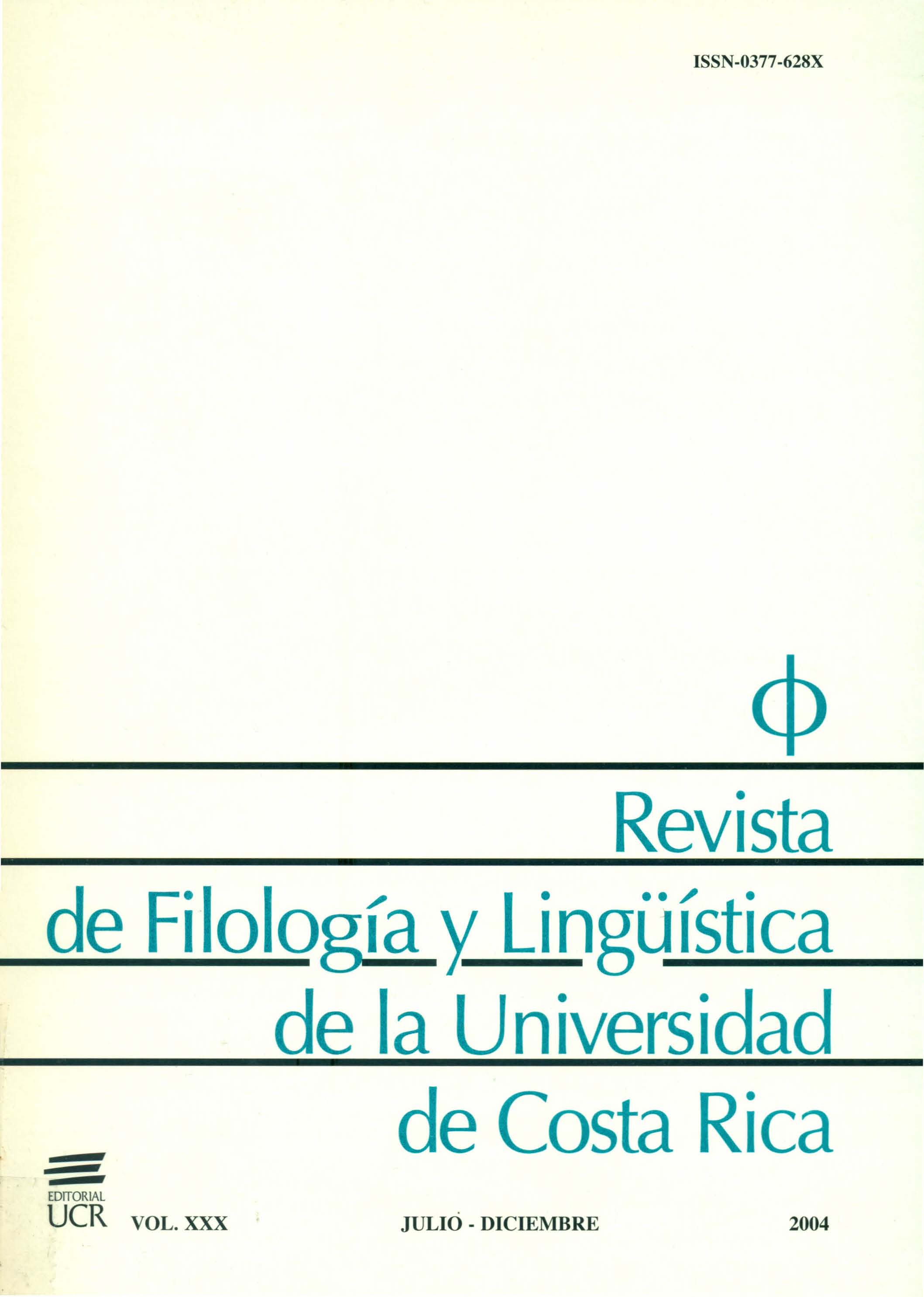Abstract
Robert Browning (1812-1889) summarizes in his dramatic monologue -an epistle- his treatment of the subject of incarnation with its multiform consequences. this theme reveals how the spirit is embodied in matter. the poem gives way to the argument that between lazarus and karshish, first, and karshish and abid later the deed of lazarus resurrection gives way to creative tensions in regard to what the latter in each pair feels with his heart and understands with his mind. but experience overpowers any scepticism with love flowing abundantly outwards from its center, christ, to lazarus, then to karshish, next to abid, and eventually to the reader of this letter showing in this way how love operates as well as its far reaching consequences.References
Abrams, M. H. et al. (eds.). 1968. The Norton Anthology of English Literature. Vol. 2. New York: W. Norton &.Company. 727-745.
Faverty, Frederic (ed.). 1956. The Victorian Poets: A Guide to Research. Cambridge: Harvard Univ. Press.
Guerin, Wilfred. 1975. "Irony and Tension in Browning's Karshish." Victorian Poetry. 1: 132- 139.
Miller, Hillis. 1963. The Disappearance ofGod. Cambridge: Harvard University.
Ponder, Catherine. 1966. The Prospering Power of Lave. Missouri: Unity Books.
Smalley, Donald (ed.). 1956. Poems of Robert Browning. Boston: Mifflin Company.
Otto, Rudolf. 1967. The Idea ofthe Holy. London: Oxford University Press.

